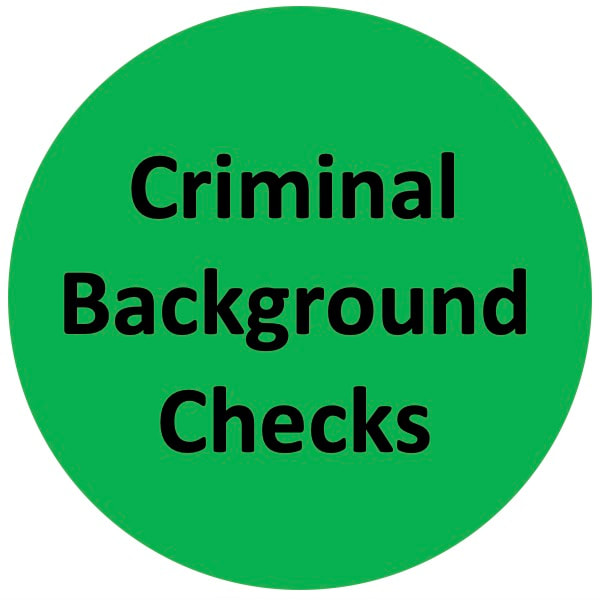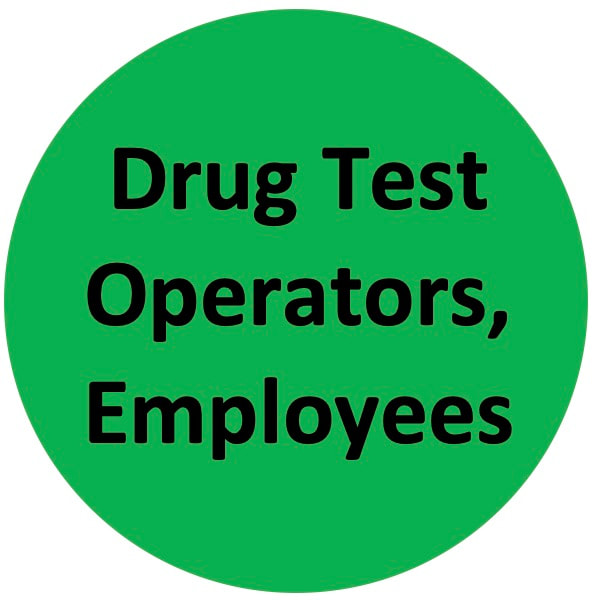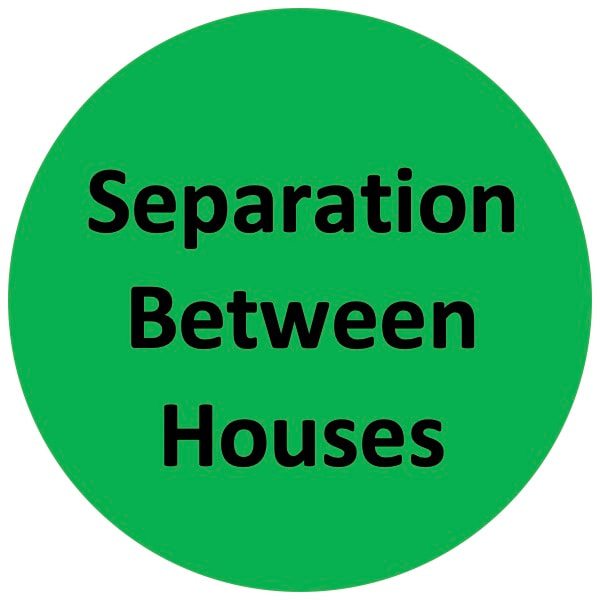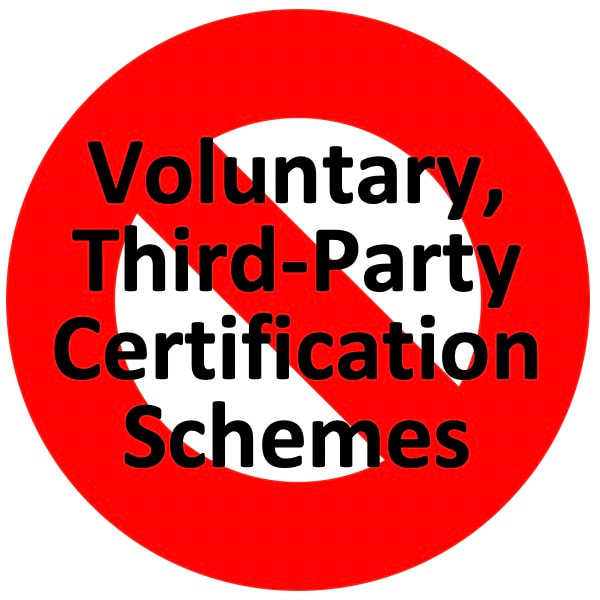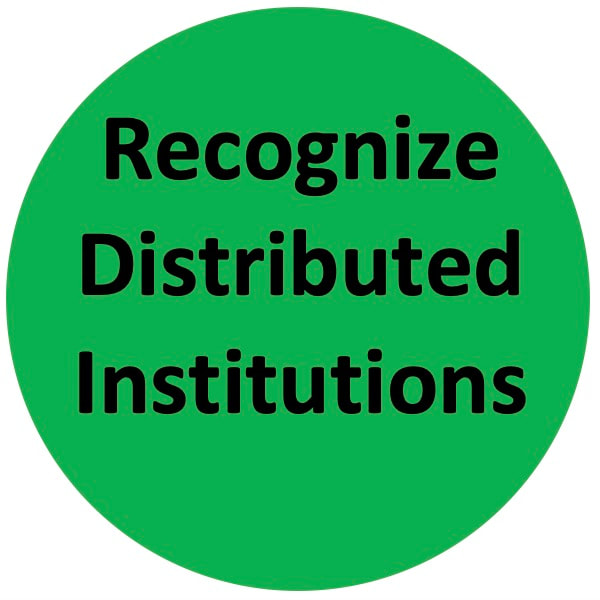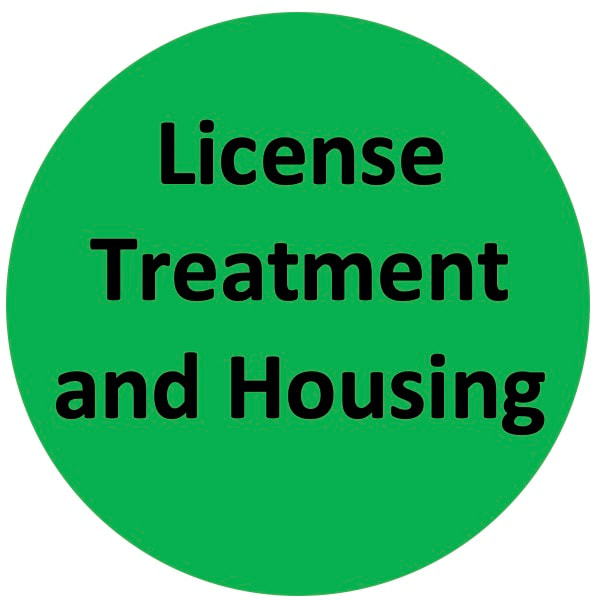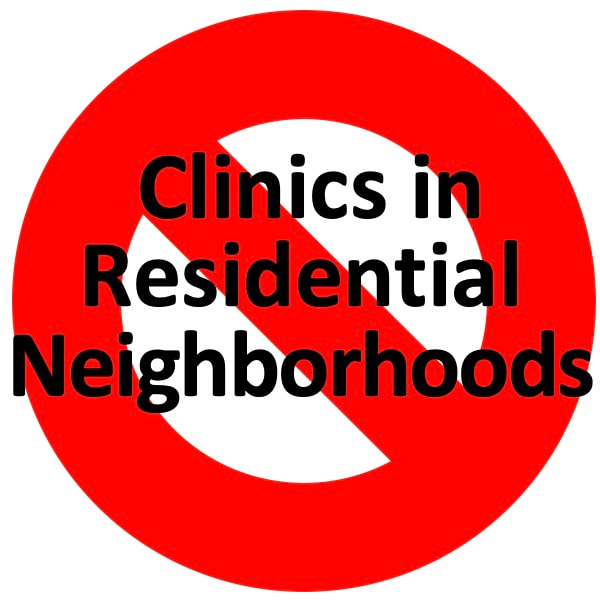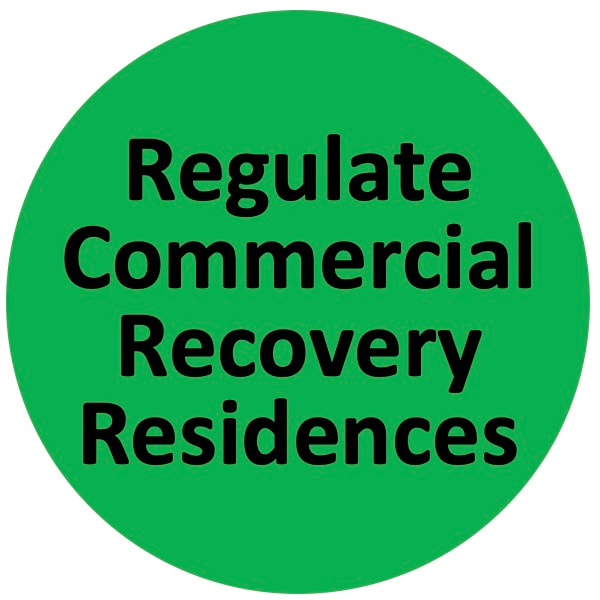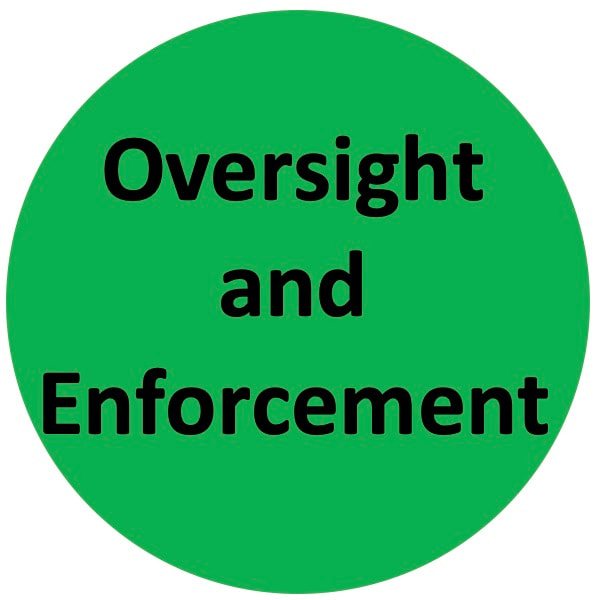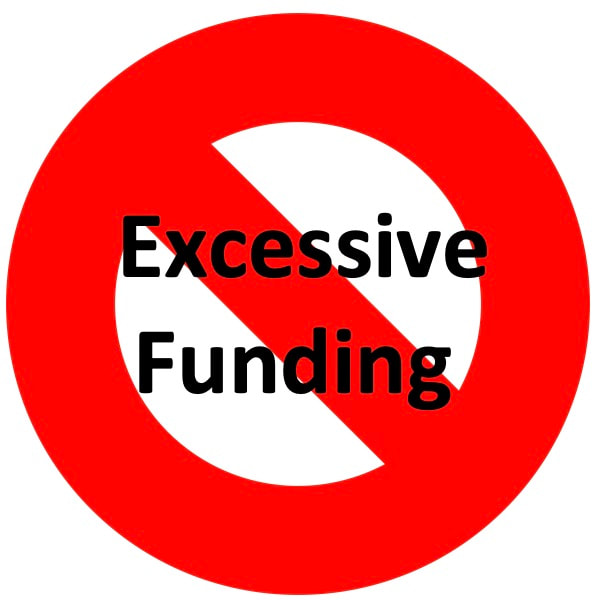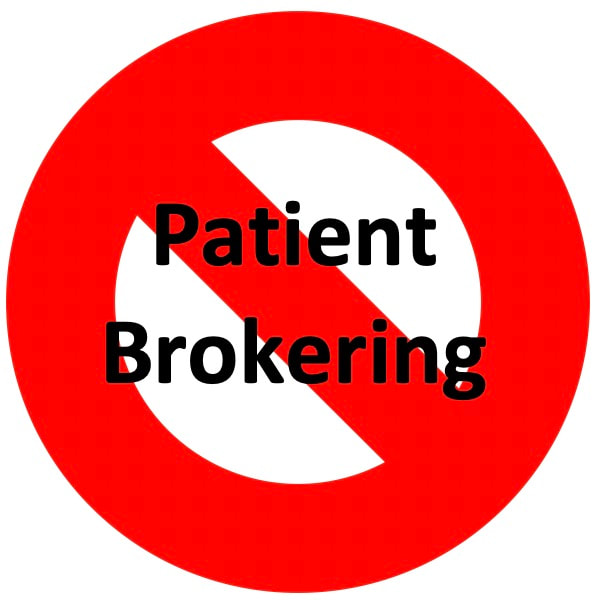California State Legislation
For years, Advocates for Responsible Treatment has contributed to state and federal legislation efforts offered by both sides of the aisle. Starting in 2017, we have written over 25 letters to the California State Legislature in support of or opposition to legislation. We are strong supporters of the California bipartisan Legislative Substance Abuse Treatment Working Group, which came together in June 2019 to propose legislation that would address abuses and exploitation by businesses supposedly offering addiction treatment.
The issue is complex, but at its heart, our legislative agenda is simple:
1) Ensure newly recovering addicts receive evidence-based treatment and care, held to the standards of other forms of healthcare.
2) Harmonize regulations of addiction treatment housing with those for the rest of congregate care in California.
3) Reduce excessive concentration in permanent, residential neighborhoods of business-operated, transient, supervised recovery housing, which is fundamentally institutional and commercial.
The issue is complex, but at its heart, our legislative agenda is simple:
1) Ensure newly recovering addicts receive evidence-based treatment and care, held to the standards of other forms of healthcare.
2) Harmonize regulations of addiction treatment housing with those for the rest of congregate care in California.
3) Reduce excessive concentration in permanent, residential neighborhoods of business-operated, transient, supervised recovery housing, which is fundamentally institutional and commercial.
Our Positions
Most of our positions have fallen into the following categories. Click on a circle to learn more.
Who Opposes Improving Addiction Treatment?
We have analyzed opposition’s legislation and letters. Frequent opponents to addiction treatment bills include:
• The ACLU
• Addiction Treatment Advocacy Coalition
• California Society of Addiction Medicine
• California Behavioral Health Directors Association
• Disability Rights of California
• Western Center on Law and Poverty
A frequent argument is that recovering addicts are disabled and therefore their housing cannot be regulated. This is untrue. In reality, addicts who use illicit substances are specifically excluded from protections of the Americans with Disabilities Act. In employment cases, the courts have determined that even an addict in recovery, who has "recently" used (which may be determined in months) is not protected by the ADA. In February 2020, U.S. District Court Judge Selna in a Summary Judgement further explained:
• The ACLU
• Addiction Treatment Advocacy Coalition
• California Society of Addiction Medicine
• California Behavioral Health Directors Association
• Disability Rights of California
• Western Center on Law and Poverty
A frequent argument is that recovering addicts are disabled and therefore their housing cannot be regulated. This is untrue. In reality, addicts who use illicit substances are specifically excluded from protections of the Americans with Disabilities Act. In employment cases, the courts have determined that even an addict in recovery, who has "recently" used (which may be determined in months) is not protected by the ADA. In February 2020, U.S. District Court Judge Selna in a Summary Judgement further explained:
|
...the ADA requires those claiming the [ADA’s] protection to prove a disability by offering evidence that the extent of the limitation [caused by their impairment] in terms of their own experience . . . That the Act defines disability with respect to an individual makes clear that Congress intended the existence of a disability to be determined in such a case by case manner
|
Other arguments against bills claim that regulation is automatically stigmatizing or will reduce the opportunity for any un- or under qualified individual to:
- start an addiction treatment business or
- be employed in addiction treatment without prior experience or training or
- make money off of addiction treatment (as with patient brokering).
According to the opposition, addiction treatment is under-resourced: there are too few "beds" (which the state doesn't count) or not enough treatment centers or not long enough treatment. These arguments ignore the fundamental premise of addiction treatment: that the addict in recovery is committed to the work of sobriety. California needs enough evidence-based treatment for all Californians prepared to intentionally participate in recovery; it doesn't need more beds of poor quality, which contribute to deaths.
Advocates for Responsible Treatment holds that the worst sigma is to assume that addicts would have died anyway, a stigma in which the legislature engages by refusing to address egregious industry practices taking place today in California.
- start an addiction treatment business or
- be employed in addiction treatment without prior experience or training or
- make money off of addiction treatment (as with patient brokering).
According to the opposition, addiction treatment is under-resourced: there are too few "beds" (which the state doesn't count) or not enough treatment centers or not long enough treatment. These arguments ignore the fundamental premise of addiction treatment: that the addict in recovery is committed to the work of sobriety. California needs enough evidence-based treatment for all Californians prepared to intentionally participate in recovery; it doesn't need more beds of poor quality, which contribute to deaths.
Advocates for Responsible Treatment holds that the worst sigma is to assume that addicts would have died anyway, a stigma in which the legislature engages by refusing to address egregious industry practices taking place today in California.
